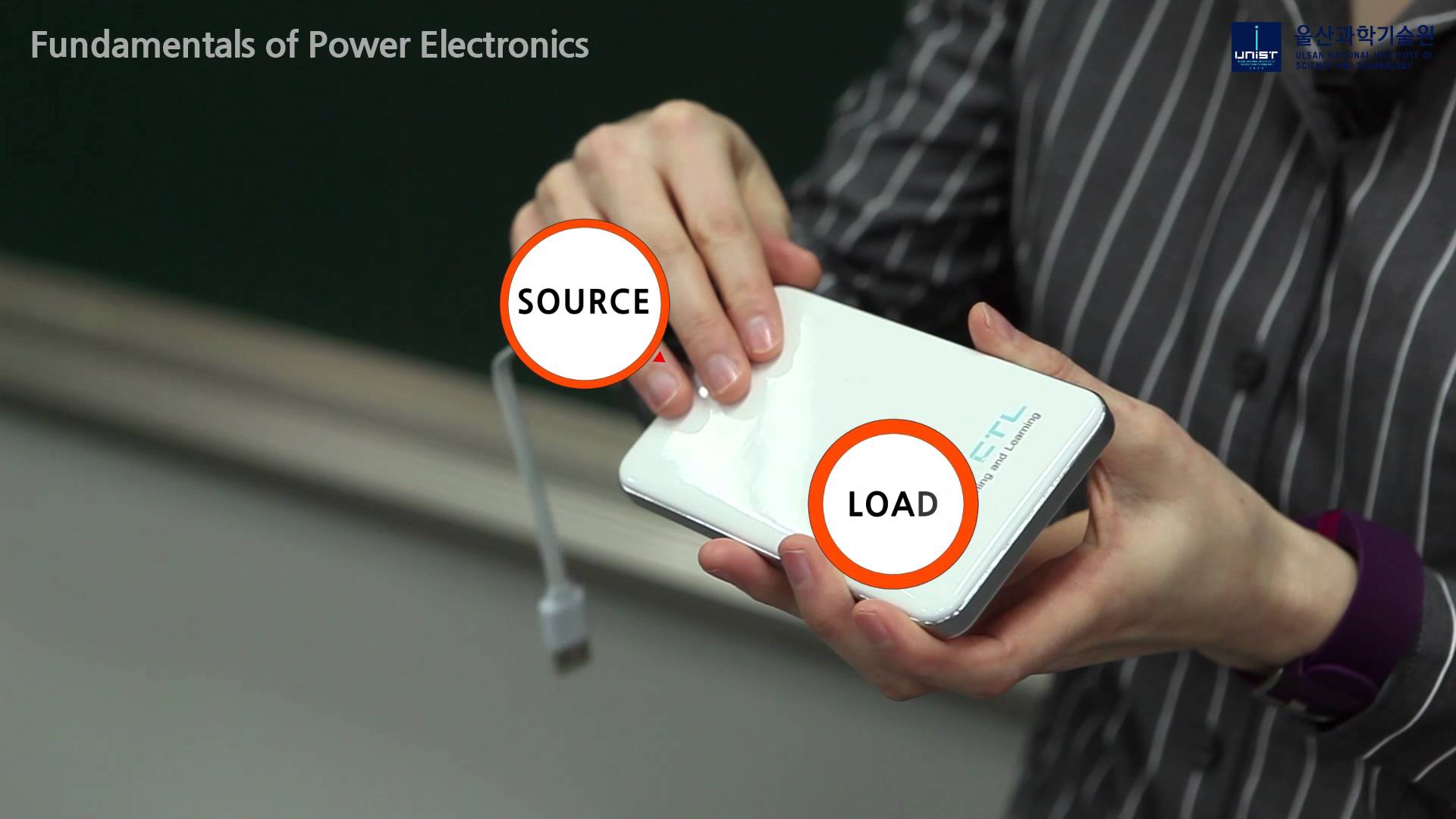Collaborative German project to apply SiC switches to industrial processes
![]()
Melting port of a monocrystalline silicon rod produced by means of the floating zone process.
Researchers from the Light Technology Institute (LTI) of Karlsruhe Institute of Technology (KIT) with industrial partners Trumpf Huettinger (a maker of process power supplies) and Ixys Semiconductor (a power module firm), are studying the use of high power SiC semiconductor switches in a new three year project.
Called MMPSiC (Modular Medium-frequency Process Power Supply with SiC Power Semiconductor Switches), the project is funded by the German Federal Ministry of Research with €800,000. Its aim is to significantly enhance the efficiency of power supplies for industrial processes and, hence, to reduce energy consumption and CO2 emission.
From the production of semiconductor to coating of displays to processes in automobile manufacturing, many industrial processes consume large amounts of electrical energy. Among them are also processes playing an important role for the transformation of the German energy system, such as floating zone melting processes to produce highly pure crystalline materials like silicon.
"Power supply of energy-intensive industrial applications, such as a floating zone process, requires switching at high frequencies," explains project manager Dr. Rainer Kling, LTI. "SiC has not yet been tested at these high frequencies. Here, we are entering new territory." Apart from long-term stability tests, the KIT researchers involved in the MMPSiC project study the control and layout of the circuitry.
So far, power supplies of floating zone systems are tube-based amplifiers with a maximum electrical efficiency of 65 percent. If they were replaced by SiC power semiconductors, efficiency of power supplies would be increased to well over 80 percent.
For example, a single large-scale floating zone reactor, consisting of twenty 50 kW process power supplies with an annual operating time of 4800 hours, would lead to a reduction of electrical energy by more than 200,000 kWh and produce 109 tons of CO2 less (Federal Environmental Agency Germany, July 2013).



































